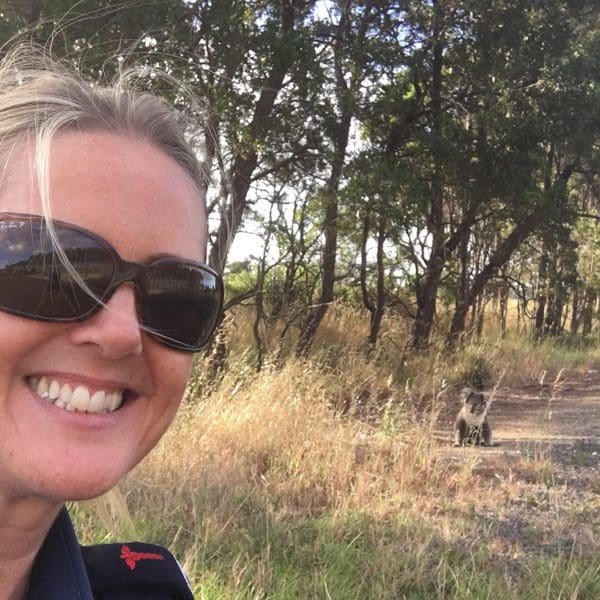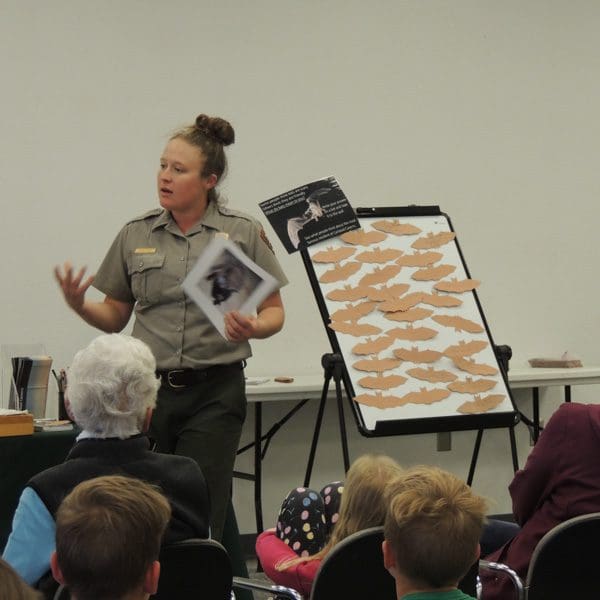Logan Williamson
Corning, NY
Process Engineer
Corning Incorporated
Briefly describe your job and daily work duties.
I am a process engineer at Corning, a Fortune 500 company that specializes in glass and ceramics technology. I currently work in the Pharmaceutical Technologies division, a newer business within Corning that focuses on developing and manufacturing pharmaceutical packaging devices such as vials, syringes and cartridges.
My daily responsibilities include monitoring the key process parameters to ensure all quality specifications are met, implementing continuous improvements ideas, owning and updating documentation, troubleshooting equipment, scheduling maintenance, and being the spokesperson for process performance at the daily production meeting.
Before becoming a process engineer, I began my career with Corning as a shift supervisor, managing front line operations within the plant. In this role, I directly managed a team of about 20 operators to ensure that daily production targets and quality standards were met.
I am also an officer within Corning’s internal Toastmasters club, serving as Vice President of Membership.
As a person who stutters, share the most challenging part of your job.
The most challenging part of my job as a person who stutters is working in an environment known for constant change. Most of the time, I am juggling multiple high-priority tasks at the same time. This can result in me being stressed out as a I try to coordinate activities to various groups of people. When I get stressed, it directly impacts the severity of my stutter, which can result in frustration and loss of focus. I overcome this by trying to focus on prioritizing my tasks so that I do not become overwhelmed.
Did you self-disclose your stuttering during the job hiring process?
I disclosed my stuttering by talking about my leadership experience as an NSA chapter leader during college. This allowed me to frame my stutter as a strength, rather than a weakness. It also portrayed a sense of personal confidence that I think potential employers will admire from a candidate who stutters.
Describe how stuttering makes you a better, more valued contributor at work.
Being a person who stutters is humbling. I believe the experiences that a person who stutters goes through makes them more empathetic and increases their emotional intelligence and ability to connect with others. This characteristic really helped me when I served as a shift supervisor at Corning. I had a natural sense of understanding for my employees need to be heard and understood. Because of this, all of them respected me and valued my opinion when I had an idea – because they knew I was taking their interest into account when making a decision.
What is your proudest moment at your current company?
There are two moments that come to mind. The first was when I transitioned out of my shift supervisor role. During my final days as their supervisor, many of my employees came up to me and thanked me for the job I had done. They appreciated the respect that I had for each and every one of them and took the time to wish me the best in my new role as an engineer.
The second proud moment came when I was elected as Vice President of Membership of the Toastmasters club at Corning. I had only been a member for about 2 months when I was nominated for the role. During my first speech to the club I talked about the challenges I had overcome in my life, with a specific focus on the challenges of stuttering. In this speech, I believe they saw the emotional connection that I could form with people and had faith that I could transfer this over to forming relationships and interacting with potential new members as an ambassador for the club.
What’s your best advice for people who stutter just entering the workplace and for those in a career striving to achieve greater success?
Never turn down opportunities because of your stutter. Confidence only comes by tackling challenges and overcoming adversity. I suffered from low self-confidence while in college because I was always blaming my stutter for my short-comings and missed opportunities. At some point late in college (and after my involvement with the NSA), I decided to step outside of my comfort zone and never let my stutter stop me from doing something I wanted to do again. This was the point at which my life began to change for the better.
As I took on more challenges, my confidence blossomed, and I rode this high to take on even tougher challenges. This “challenge — confidence — tougher challenge — more confidence” feedback loop has allowed me to be in the fortunate position I am today.
The tough lesson that took me nearly 20 years to learn is you only truly fail when you do not try. Just think – if you try something and it kills you, you won’t have to do it again! (Thanks Eric Mandel for this wonderful motto from the 2019 NSA Annual Conference.)



